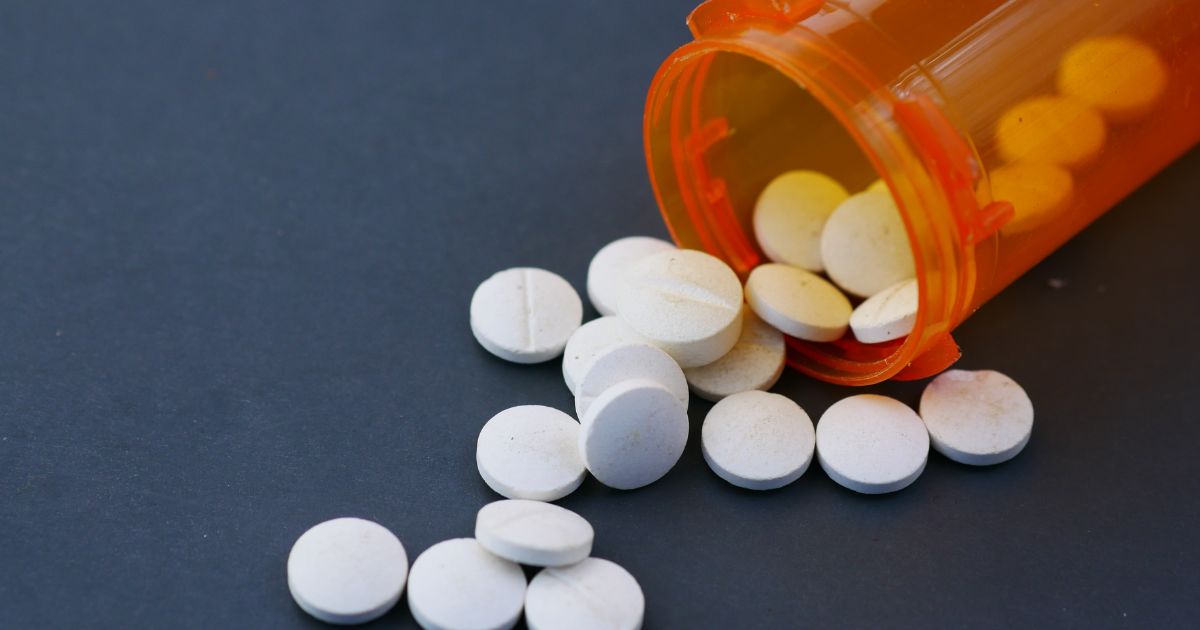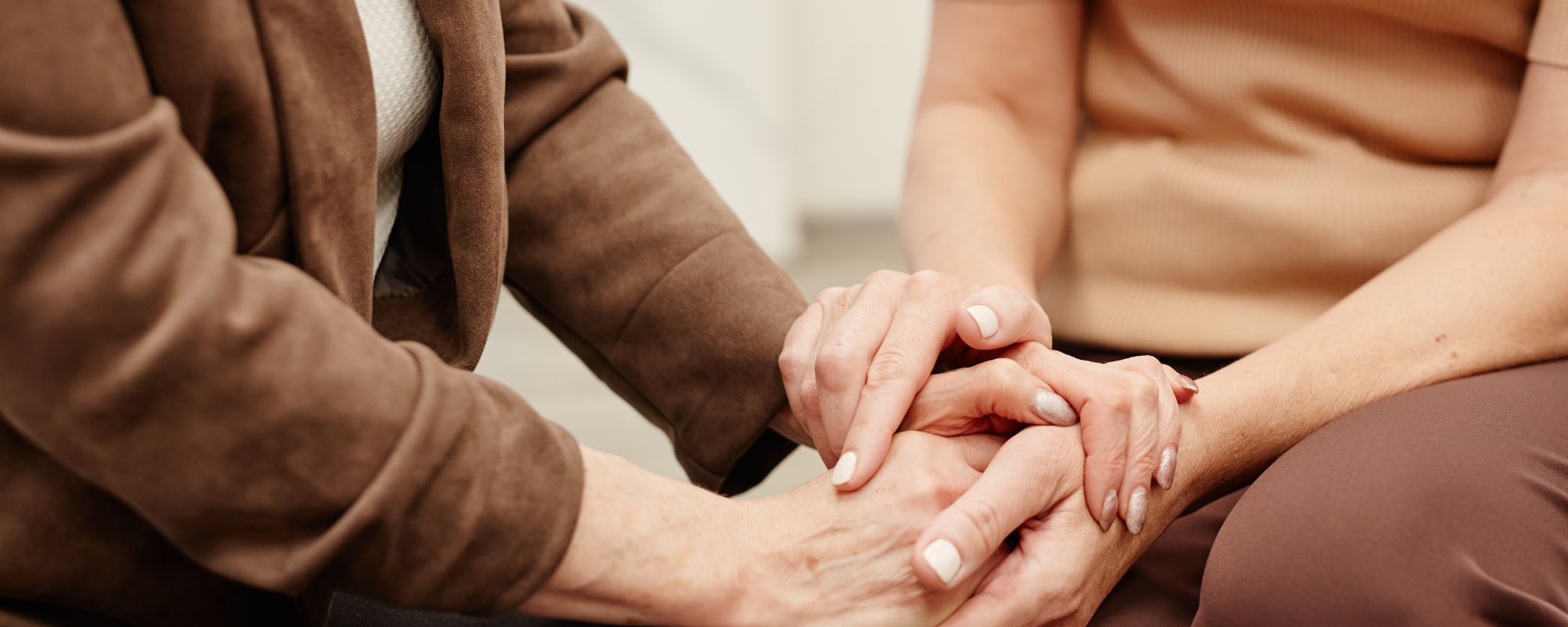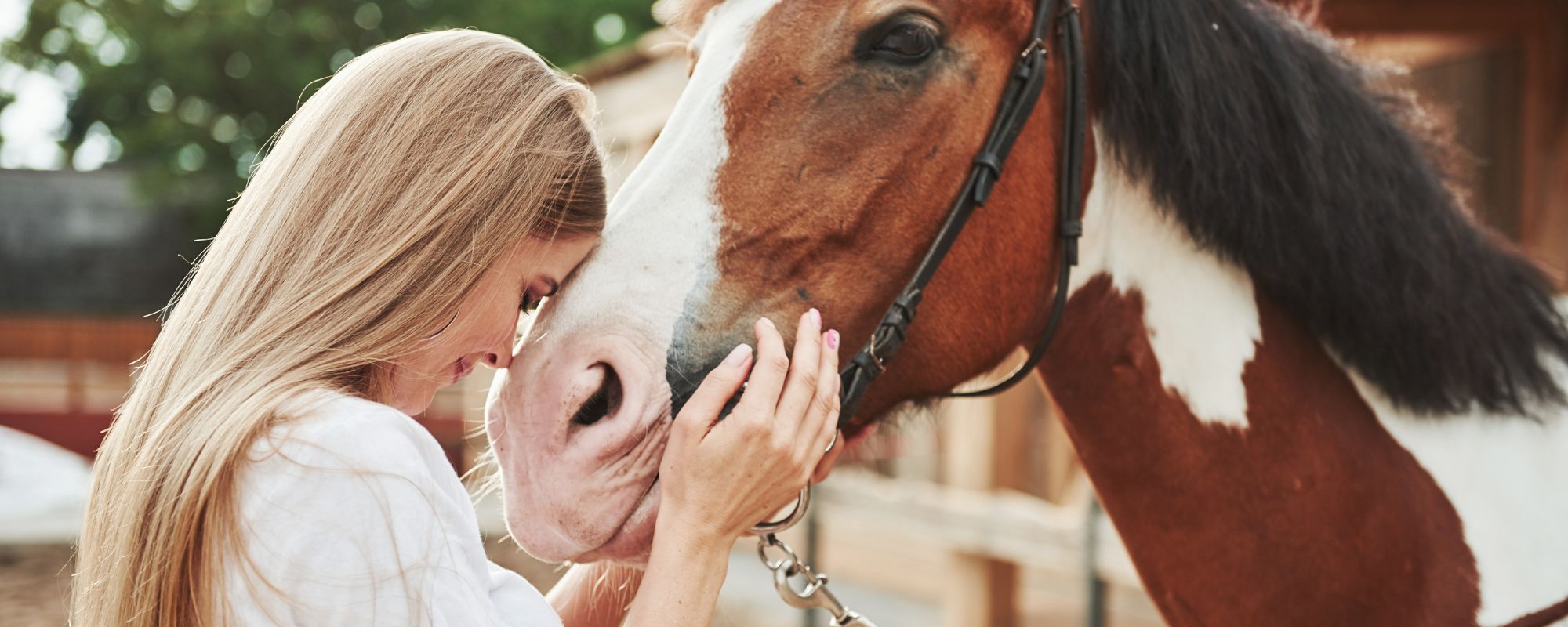Being impulsive and using drugs or alcohol go hand-in-hand. The definition of impulsivity, as defined by the Neurocircuitry of Addiction, is “acting quickly and without adequate thought or planning in response to internal or external stimuli.” Also, impulsiveness is defined as “a predisposition to accept smaller immediate rewards over larger delayed gratification and an inability to stop a behavior toward gratification once it’s set in motion.”
Most often, addicts and alcoholics will become even more impulsive once they have used drugs or alcohol, but are addicts and alcoholics naturally impulsive to begin with? A study conducted by Society for Neuroscience concluded that impulsiveness and substance abuse actually share a genetic foundation.
Findings
After researchers compared the data from over 20,000 participants, researchers found an association between genes that implicate: risky preference, alcohol consumption, cannabis use, sensation seeking, drug experimentation and a tendency to act impulsively in the face of adversity.
What Does This Mean?
Basically, those with a substance use disorder are already predisposed to acting impulsively. Conversely, people with the gene that implicates risky preference and a tendency to act impulsively, are already more likely to use alcohol, prescription, or illicit drugs.
Because these behaviors and actions are linked genetically, it’s safe to say that drug addicts and alcoholics were born with the capacity for impulsivity. Once alcoholics or addicts seek out drugs or alcohol and use it, they are further influenced to make impulsive decisions.
Impulsive vs. Compulsive
Often, we associate the word compulsive with disorders like obsessive compulsive disorder, however, the nature of what addicts and alcoholics do is considered to be compulsive. Compulsivity is defined as engaging in behavior to avoid negative feelings. These behaviors continue, despite adverse consequences; someone will repeat the same acts over and over again, even though they cause negative results. Compulsive behaviors are habitual in their nature.
A simpler way to differentiate the two is by looking at them like this: impulsive behaviors are seeking pleasure, while compulsive behaviors are avoiding pain.
Drug addiction is “a disorder that involves elements of both impulsivity and compulsivity that yield a composite addiction cycle composed of three stages: ‘binge/intoxication’, ‘withdrawal/negative affect’, and ‘preoccupation/anticipation’ (craving)” (Koob). Of course there are impulse control disorders that can run simultaneously to substance use disorders. Impulse control disorders “are characterized by an increasing sense of tension or arousal before committing an impulsive act and pleasure, gratification, or relief at the time of committing the act” (Koob). Signs and symptoms of impulse control disorder are continued unplanned and spontaneous decisions, choosing to do something despite having had consequences in the past for doing the same thing, not being able to stop once you have started pursuing something— even if you are receiving negative consequences from this pursuit. While not all alcoholics or addicts have a full-blown impulse control disorder, addicts and alcoholics are impulsive by nature— hence the drug-seeking behavior and chasing after instant gratification or pleasure.
Impulsivity in Addiction
In active addiction, we continuously overload the reward and motivation circuits of the brain by flooding these systems with dopamine. Because of this, these circuits can become dysregulated and not work correctly on their own. There are two major consequences of this dysregulation, the first is a broken motivation system that is rewired to seek out drug rewards above all other rewards of normal life. The second major consequence is an even further diminished capacity to make sound decisions, as we become unable to regulate our own impulsiveness.
If we look at impulsivity, it is acting to seek pleasure and rewards. Drug abuse is completely based around seeking pleasure and rewards, as addicts want to reach that feeling of euphoria, their “high.” It’s no wonder impulsivity and substance abuse are tied to the same genetic basis, because they align with each other’s goals. In order to address addiction, you need to address impulse control; overcoming an addiction means retraining your brain to slow down decision processes to counter impulsivity.
Best Way To Treat Impulsiveness
The best way to treat impulsiveness is through therapy. Specifically, cognitive behavioral therapy and dialectical behavioral therapy are extremely helpful for those who have impulse control issues. Cognitive Behavioral Therapy is a form of psychotherapy that challenges distorted thoughts and destructive behaviors. Dialectical Behavioral Therapy is a behavioral therapy all about finding middle ground between extremes; DBT focuses on four primary areas, including: mindfulness, distress tolerance, emotion regulation, and interpersonal effectiveness. At Royal Life Centers, we use both of these behavioral therapies to address addiction and behaviors, giving our guests the tools and skills they need to manage any thoughts, feelings, and actions. Our philosophy is a holistic approach to healing, treating the mind, body, and spirit. At Royal Life Centers, we use CBT and DBT especially for our guests who struggle with impulsivity, as to counter their behavioral patterns of impulse.
Treatment
Addiction treatment can address your substance use disorder, include the behavioral factors around your alcohol or drug use. Royal Life Centers provides comprehensive addiction treatment, using intensive therapies which includes behavioral therapies, individual therapy sessions, group therapy, adventure therapy, activity therapy, and equine therapy. Our treatment programs range from short term to long term options. Your recovery journey can start now! It all starts with our medical detox program, where guests will be assessed for their withdrawal symptoms and evaluated for any co-occuring mental health disorders. Royal Life Centers has treatment centers across the western United States.
Our Programs
Royal Life Centers designed treatment programs to follow our guests from medical detox, through the stages of recovery. Our treatment options include: medical detox, a residential inpatient program, a partial hospitalization program (PHP), an intensive outpatient program (IOP), an outpatient program (OP), sober living and graduate housing. Our outpatient treatment options also allow for guests to attend our programming while living at home. Our therapies include intensive groups on topics like anger management and how to prevent a relapse. Each guest at Royal Life Centers works with their case manager and therapist to develop a treatment plan specifically tailored to meet their personal needs and goals.
Guests at Royal Life Centers will enjoy the guidance, support, and insight they will receive from staff members and their peers alike. Our treatment programs involve various opportunities for guests to participate in activities to better themselves, including: adventure therapy, activity therapy, equine therapy, community service opportunities, etc. Royal Life Centers encourages guests to be an active member of our community here, because once you enter one of our programs, you become a member of our family. Royal Life Centers strives to bring guests the skills and tools they need to build a happy, healthy, and successful life in sobriety. Because We Care.
If you are looking for a comprehensive addiction treatment center, look no further; we have treatment centers across Washington state and Arizona. All of our treatment centers are nationally accredited and use only proven effective methods of addiction treatment.
References:
de Wit, Harriet. “Impulsivity as a determinant and consequence of drug use: a review of underlying processes.” Addiction biology vol. 14,1 (2008): 22-31. doi:10.1111/j.1369-1600.2008.00129.x
Koob, George F, and Nora D Volkow. “Neurocircuitry of addiction.” Neuropsychopharmacology : official publication of the American College of Neuropsychopharmacology vol. 35,1 (2009): 217-38. doi:10.1038/npp.2009.110
Perry, Jennifer L., and Marilyn E. Carroll. “The Role of Impulsive Behavior in Drug Abuse.” Psychopharmacology, vol. 200, no. 1, 2008, pp. 1–26., doi:10.1007/s00213-008-1173-0.
Society for Neuroscience. “Genetic study of impulsiveness reveals associations with psychiatric disorders.” ScienceDaily. ScienceDaily, 4 February 2019.
“Understanding Addiction- The Roles of Impulsivity and Compulsivity.” Edited by John Lee, Choose Help, 7 Mar. 2019, www.choosehelp.com/topics/addictions/understanding-addiction-the-roles-of-impulsivity-and-compulsivity.
If you or someone you know is struggling with an addiction, please reach out to our addiction specialists toll free at (877)-RECOVERY or (877)-732-6837. Our team is available to take your call 24 hours a day, 7 days a week. Because We Care.









